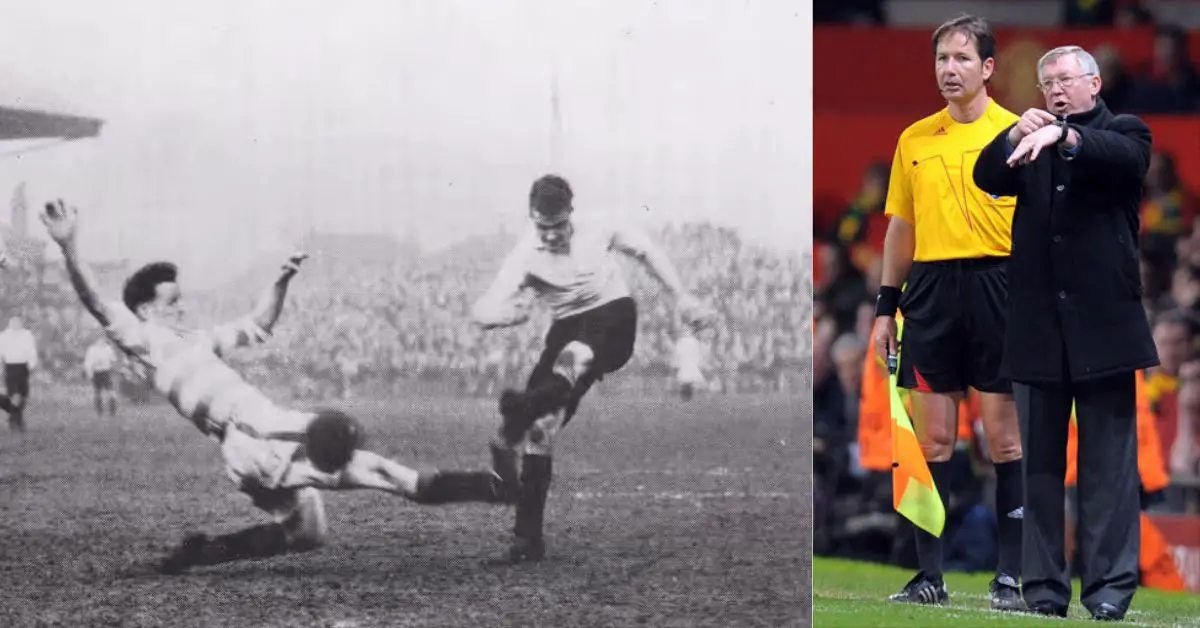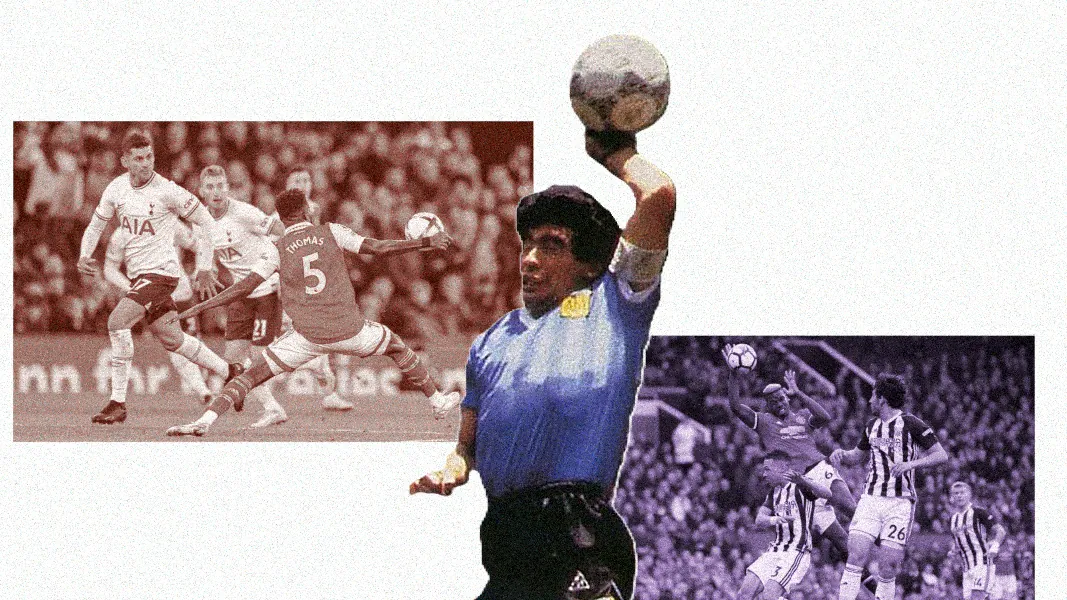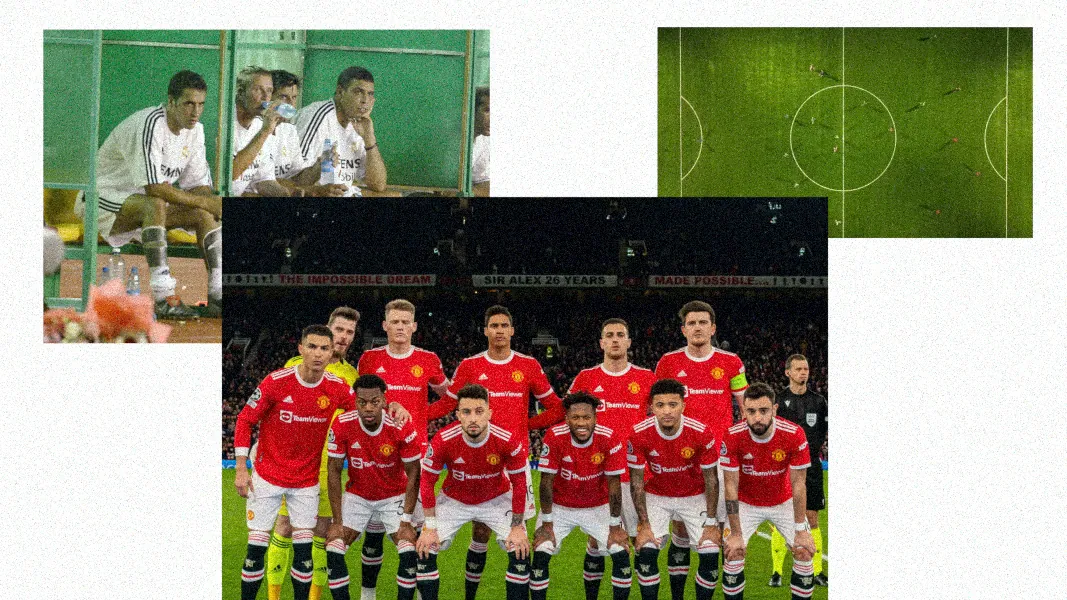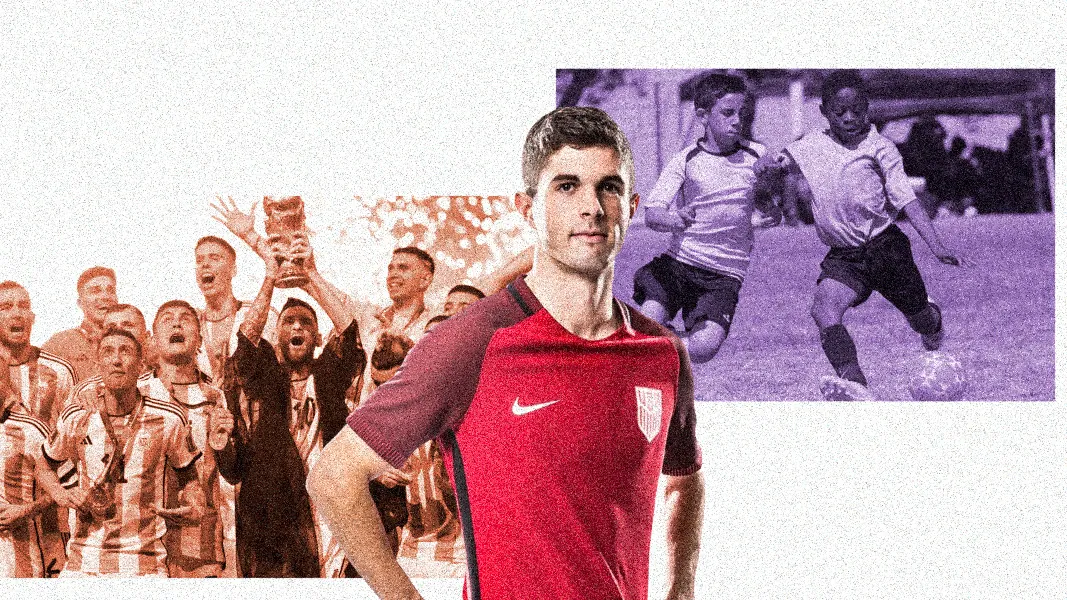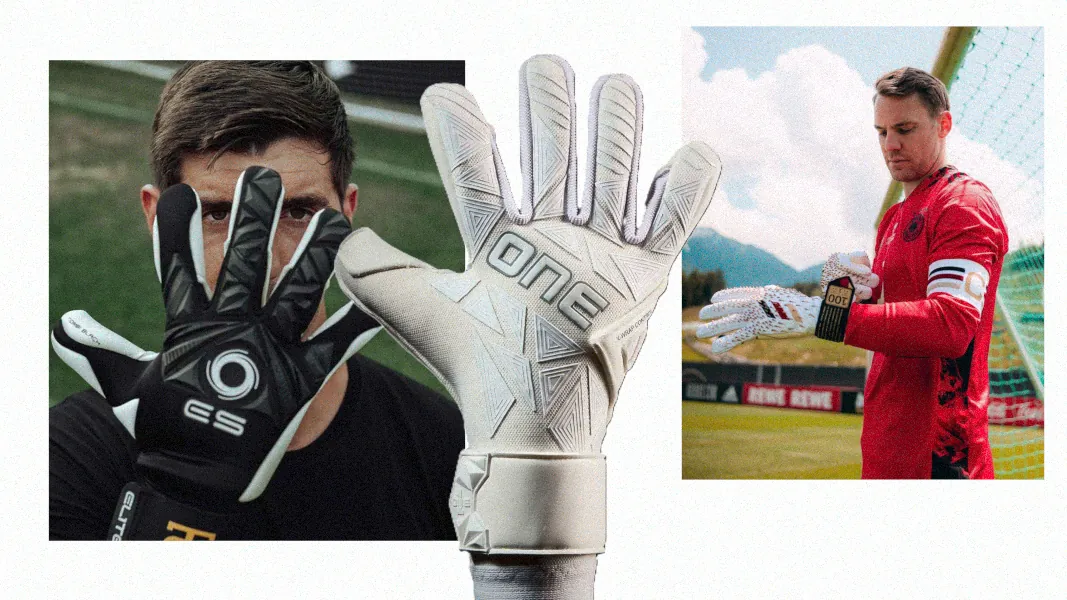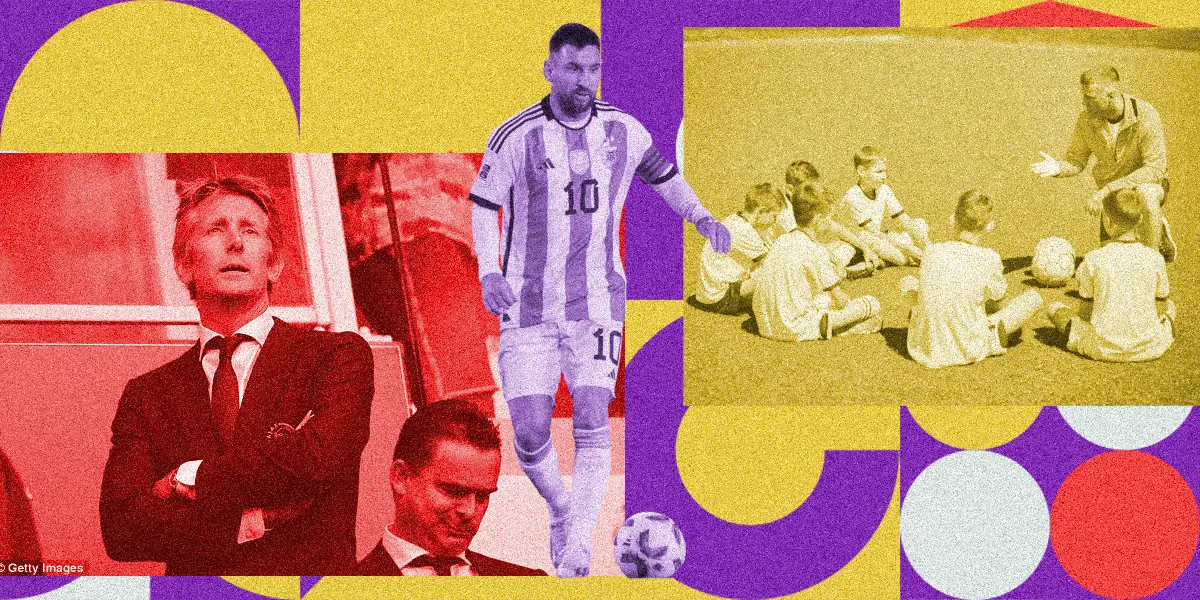Playing soccer can be demanding for even 60 minutes, which is why it is common for fans to wonder, ‘What is the longest soccer game?’ recorded in the history books!
Amidst the sea of matches that have shaped the sport’s history. There exists a remarkable tale that pushes the boundaries of endurance. It tests the limits of both human will and the beautiful game itself.
With a remarkable playing time that extended beyond the conventional. This is the story of the longest soccer game, an epic encounter persisting for an astonishing 203 minutes.
Background of the Longest Soccer Game
In 1946, within the confines of Edgeley Park in Stockport, England, a match of unprecedented endurance unfolded.
The participants? English clubs Stockport County and Doncaster Rovers. The setting? The North Cup—a tournament nestled within the echelons of division three of the English Soccer Pyramid during that era.

The stage was set by the initial encounter, a match that concluded with a balanced 2-2 draw. But this was only the beginning of the saga.
A rematch was slated to determine the ultimate victor. The rematch would etch its name in the annals of soccer history with an astonishing feat. A duration of 3 hours and 23 minutes, equivalent to a staggering 203 minutes.
The remarkable twist? This elongated battle didn’t yield a winner despite its marathon length, adding a layer of irony to the proceedings.
How the Record was made?
You might wonder, how could a soccer match possibly stretch to 203 minutes when the standard game time is 90 minutes, followed by an extra 30 minutes and a penalty shootout if needed?
The answer lies in the rulebooks of 1946, a time when the landscape of soccer was marked by rules diverging from those we’re accustomed to today.
The pivotal turning point arrived with the introduction of the penalty shootout, famously implemented during the 1970 FIFA World Cup. Prior to this watershed moment, the soccer world experimented with various methods to break the shackles of drawn matches and unearth a conclusive winner.

From the inception of the sport, strategies like replaying drawn matches and resorting to extra time existed. In the context of two-legged knockout fixtures, the away goals rule held sway.
These attempts to ascertain victory, however, didn’t ensure a definitive resolution. The prospect of replaying drawn matches repeatedly in search of a winner proved to be impractical. It dampened the joy of victory and the agony of defeat with prolonged uncertainty.
Even more unconventional methods were tried. A toss of a coin was once used to decide the outcome of a pivotal semi-final match during the 1968 Euros.
Play to Win Rule
In the year 1946, an era defined by pioneering soccer rules, the ethos of “play to win” reigned supreme. This unique regulation, frequently applied in English soccer during the wartime climate of the 1940s, ushered in a brand of competition that transcended the conventional confines of time.
Within this intriguing context, a match that has left an indelible mark on soccer history took place. Locked in a tense 2-2 deadlock for 120 minutes, the moment arrived when the “Play to Win” rule was activated.
Amidst this riveting narrative, a glimpse of victory emerged for Stockport County in the 173rd minute. Les Cocker, the striker, poised on the edge of glory, saw his efforts nullified by the referee’s decision, leaving spectators in suspense and the outcome hanging by a thread.

As the contest stretched on, the sun dipped below the horizon, a natural boundary that marked the end of the match. Unlike modern times, floodlights were a luxury yet to grace the playing fields. Without them the pitch was progressively darker until it became untenable to continue.
This storied replay etched its name into history, establishing an enduring record for the longest soccer game—a remarkable 203-minute odyssey that remains unbroken to this day.
Second replay was played (3rd match in total) was played between the sides. Doncaster won the right to host the second replay in a coin toss and won the game with a 4-0 score line.
A Close Candidate for the record
During that era, extended matches were not an anomaly, and a significant instance had previously unfolded in a War Cup encounter involving Cardiff City and Bristol City.
This particular match endured for three hours and 20 minutes, showcasing the prevalence of such prolonged contests.
Interestingly, spectators often had the liberty to temporarily disengage from the action, heading home for dinner or tending to other matters, all while having the chance to return before the games ultimately concluded.
Nevertheless, the initial intrigue associated with these marathon matches eventually faded, both for fatigued players and for weary fans.
